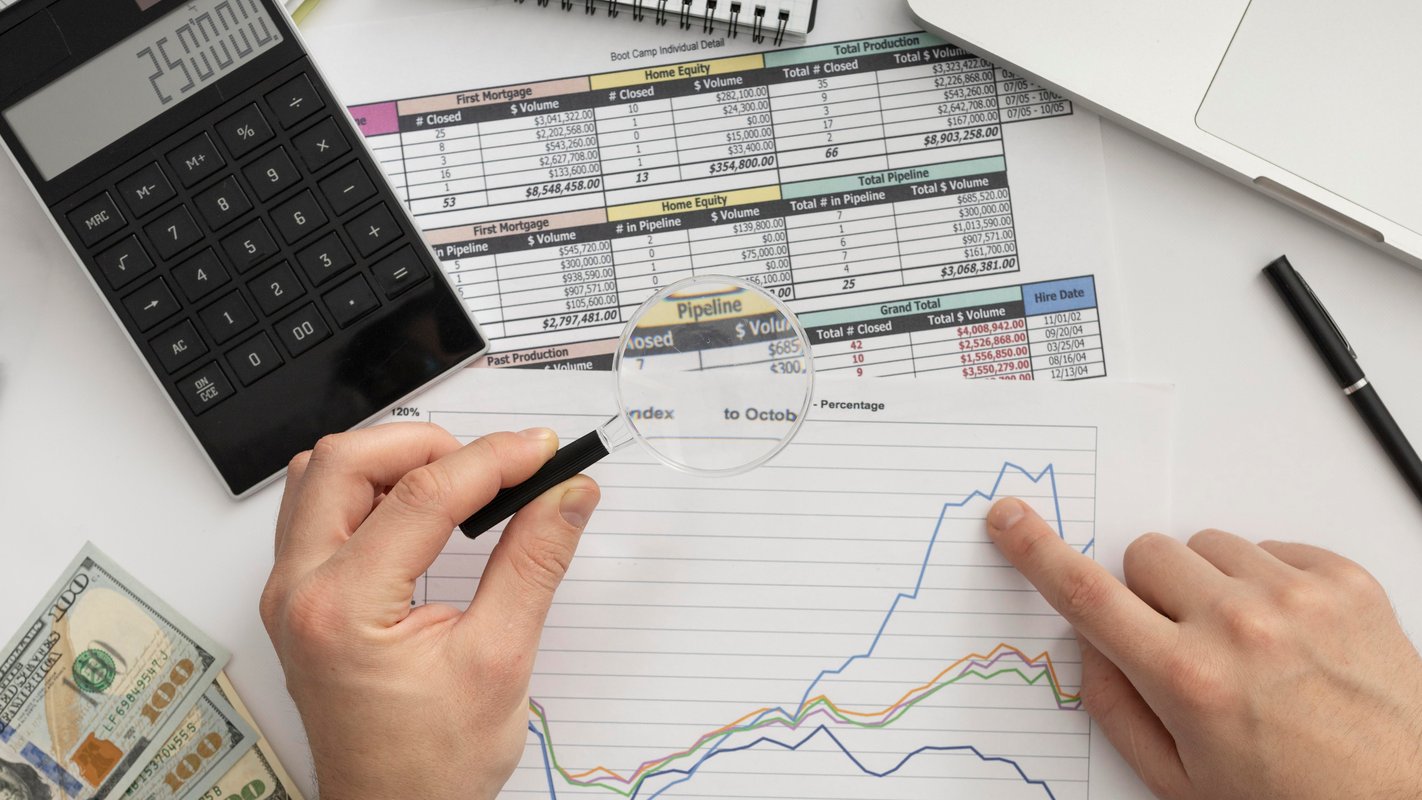Bachelor's Degree in Economics: A Complete Guide (2025)

See the steps to get a Bachelor's degree in Economics, covering what it is, the pros and cons, the process, program duration, online choices, what you'll study, and possible career paths.
Key Points
- A bachelor's degree in Economics provides a strong foundation in economic theory, data analysis, and problem-solving.
- Pursuing a Bachelor's in Economics can lead to diverse career opportunities in fields like finance, business, government, and research.
- The admission process typically involves meeting academic requirements, submitting applications, and exploring financial aid options.
- The program duration is usually four years, and the curriculum covers topics like microeconomics, macroeconomics, statistics, and econometrics.
- Graduates with a Bachelor's in Economics can pursue further education, such as a master's or doctoral degree, or enter the workforce in various entry-level roles.
How Long Does It Take to Get a Bachelor's Degree in Economics?
The typical duration of a Bachelor's Degree in Economics program is four years*, or eight semesters, of full-time study. This timeline assumes that students complete the required 120-130 credit hours within the standard four-year period. However, the actual duration may vary depending on factors such as:
- Enrollment status (full-time or part-time)
- Transfer credits or advanced placement
- Participation in internships or study abroad programs
- Changing majors or taking additional electives
Some universities may offer accelerated or intensive programs that allow students to complete their Bachelor's in Economics in a shorter timeframe, such as three years. Additionally, students who take advantage of dual-enrollment or Advanced Placement (AP) courses in high school may be able to reduce the overall program duration by earning college credits before enrolling in the university.
What to Expect from a Bachelor's Degree in Economics
A Bachelor's Degree in Economics provides students with a comprehensive understanding of economic principles, theories, and practices. The curriculum typically covers the following key areas:
- Microeconomics: The study of individual economic agents, such as consumers, producers, and markets, and how they make decisions and interact.
- Macroeconomics: The analysis of the overall economy, including factors like inflation, unemployment, GDP, and economic growth.
- Statistics and Econometrics: The application of statistical and mathematical methods to analyze economic data and test economic theories.
- Economic History and Policy: The study of the historical development of economic systems and the role of government in shaping economic policies.
- International Economics: The examination of global trade, exchange rates, and the economic relationships between countries.
In addition to these core economic courses, students may also have the opportunity to take electives in specialized areas, such as finance, development economics, or environmental economics.
What Can You Do with a Bachelor's Degree in Economics?
A Bachelor's Degree in Economics can open up a wide range of career opportunities in various industries. Here are some of the potential paths you can pursue:
Graduate School Preparation
Graduates with a Bachelor's in Economics may choose to continue their education by pursuing a master's or doctoral degree. A master's degree in Economics, Finance, or Business Administration can further enhance their knowledge and skills, while a doctoral degree (Ph.D.) in Economics can lead to research, teaching, or high-level policymaking positions.
Entry-Level Economics Roles
With a Bachelor's in Economics, graduates can secure entry-level positions in fields such as:
- Financial Analyst
- Market Research Analyst
- Economic Consultant
- Budget Analyst
- Policy Analyst
- Financial Manager
- Loan Officer
- Banking and Financial Services
Career Opportunities
Beyond entry-level roles, a Bachelor's in Economics can also lead to various career opportunities, including:
- Economist
- Financial Manager
- Investment Banker
- Management Consultant
- Data Analyst
- Public Policy Analyst
- Entrepreneur
According to the U.S. Bureau of Labor Statistics (BLS), the median annual salary for individuals with a Bachelor's Degree in Economics was $115,730 in 2023, and the job outlook for economists is projected to grow 6% from 2022 to 2032, faster than the average for all occupations.
Final Thoughts
A Bachelor's Degree in Economics is a versatile and valuable credential that can open up a wide range of career opportunities. Whether you're interested in finance, business, government, or research, this degree program can provide you with the necessary skills and knowledge to succeed in a variety of fields. By understanding the admission requirements, program structure, and potential career paths, you can make an informed decision about pursuing a Bachelor's in Economics and take the first step towards a rewarding and fulfilling career.
If this guide isn't quite what you're searching for, check out the other guides below to discover a better-suited option:

Justine Tacmo is part of the Growth team at Dreambound. He assists the organization by updating critical information so students receive the most up-to-date information for their desired trade schools. Besides, he has a passion for writing and expresses it through poetry, covering themes of life, love, and mental health, which is also his advocacy.






